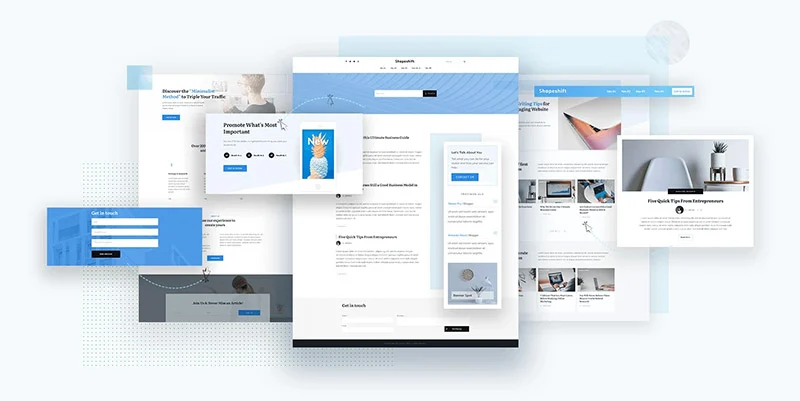Website hackers are individuals or groups who attempt to gain unauthorized access to websites for malicious purposes, such as stealing sensitive information, altering website content, or disrupting website functionality. In recent years, hacking attacks have become more sophisticated and frequent, making it essential for website owners and administrators to take steps to secure their websites and protect them from hacking attempts. In this article, we will discuss website hackers and how to safeguard your WordPress website.
Who are Website Hackers?
Website hackers are individuals or groups who use their technical expertise to gain unauthorized access to websites. They can be motivated by various factors, including financial gain, political activism, or simply for the challenge. Some hackers may also use hacking as a means to spread malware or engage in other malicious activities.
Why Hack WordPress Websites?
WordPress is one of the most popular content management systems in use today, and it powers millions of websites. This popularity makes WordPress a popular target for hackers, as a successful hack can have a wide-reaching impact. Additionally, WordPress is written in PHP, which is a relatively easy language for hackers to understand, making it easier for them to identify and exploit vulnerabilities.
How do Hackers Hack WordPress Websites?
There are many ways that hackers can attack WordPress websites. Some common methods include:
- Exploiting Vulnerabilities in WordPress Plugins: WordPress plugins can introduce vulnerabilities into a website if they are not kept up to date. Hackers can exploit these vulnerabilities to gain unauthorized access to the website.
- Brute Force Attacks: Brute force attacks are attempts to guess passwords by trying every possible combination. These attacks can be automated and can quickly guess even complex passwords.
- Malware: Malware is software that is designed to cause harm to a computer or website. Hackers can use malware to gain unauthorized access to a website or to steal sensitive information.
- Social Engineering: Social engineering is a type of attack that tricks people into divulging sensitive information. Hackers may use social engineering techniques, such as phishing or baiting, to gain access to a WordPress website.
How to Safeguard Your WordPress Website Here are some steps you can take to safeguard your WordPress website:
- Keep WordPress and Plugins Up to Date: Keeping WordPress and plugins up to date is one of the most important steps you can take to secure your website. New updates often include security fixes for known vulnerabilities.
- Use Strong Passwords: Using strong passwords is essential to prevent brute force attacks. A strong password should be at least 12 characters long and include a mix of upper and lowercase letters, numbers, and special characters.
- Limit Login Attempts: Limiting the number of login attempts can prevent brute force attacks by blocking an IP address after a certain number of unsuccessful login attempts.
- Implement Two-Factor Authentication: Two-factor authentication adds an extra layer of security to your login process by requiring a second factor, such as a code sent to your phone, in addition to your password.
- Use a Security Plugin: Security plugins can help to secure your WordPress website by monitoring for vulnerabilities, blocking malicious traffic, and providing regular backups.
- Regularly Back Up Your Website: Regular backups ensure that you can quickly restore your website if it is hacked or if you experience any other issues.
Conclusion
Website hacking is a growing threat, and it is essential for website owners and administrators to take steps to secure their websites. By keeping WordPress and plugins up to date, using strong passwords, limiting login attempts, implementing two-factor authentication, using a security plugin, and regularly backing up your website, you can help to protect your WordPress website from hacking attacks.
It’s also important to be vigilant and monitor your website for any unusual activity. This includes regularly checking logs and analytics, as well as monitoring for changes in website content or functionality. If you do suspect that your website has been hacked, it’s important to take immediate action to contain the damage and restore the website to its normal operation as quickly as possible.
In summary, website security is a crucial aspect that should not be taken lightly. By following best practices and being proactive in your approach to security, you can help protect your WordPress website from hacking attacks and ensure the safety of your website and its users.

















